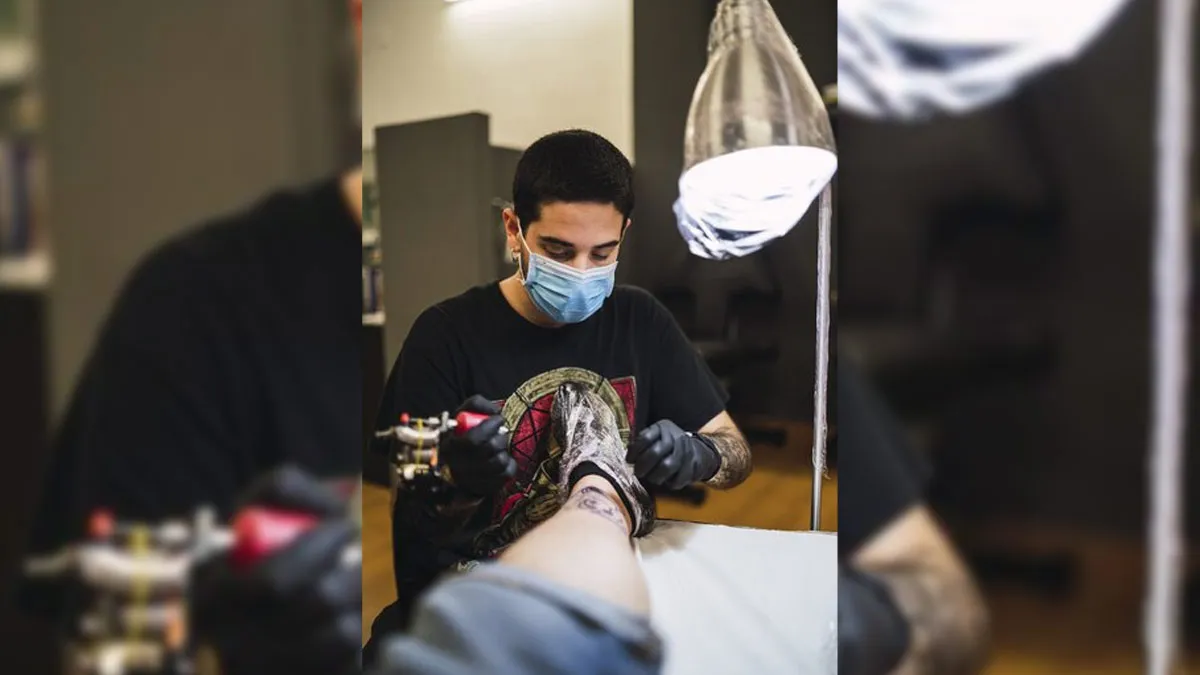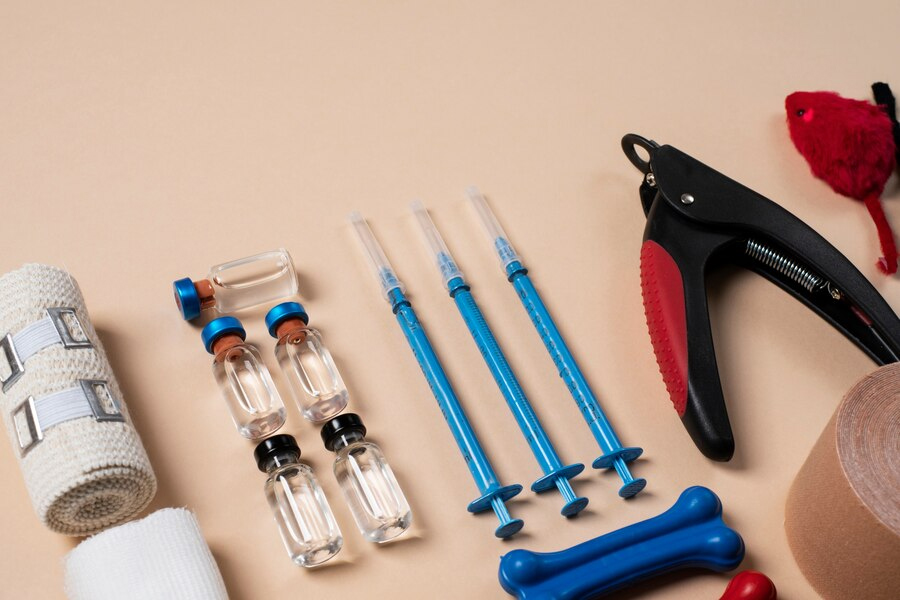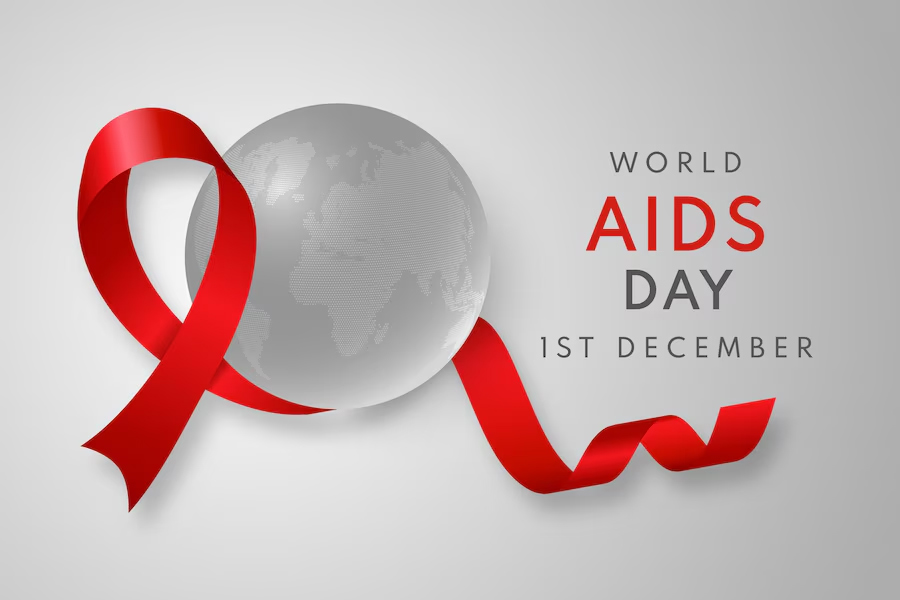
If you’re a fan of tattoos or body piercings, you’ve likely heard warnings about the potential risk of contracting HIV through these procedures. This has led to a common myth that getting inked or pierced could expose you to HIV. To clear up the confusion, we spoke with Dr Pramila Ramnis Baitha, Additional Director of Internal Medicine at Fortis Greater Noida, who shared insights on the topic.
HIV (Human Immunodeficiency Virus) is a virus that weakens the immune system, making the body more vulnerable to infections and illnesses. It is commonly transmitted through body fluids such as blood, semen, vaginal fluids, and breast milk.
According to Dr Pramila Ramnis Baitha, the risk of contracting HIV through tattoos or body piercings is extremely low but not entirely impossible. She said, “This risk arises primarily when non-sterilised equipment, such as needles or piercing tools, are used. In such cases, the virus and other infections can be transmitted from one person to another. Additionally, if the practitioner does not adhere to aseptic protocols, such as wearing gloves or maintaining proper hygiene, there is a risk of cross-contamination.”

Even, The Centers for Disease Control and Prevention (CDC) states that the risk of contracting HIV from tattooing or body piercing is very low to negligible.
For those unversed, tattoo artists make designs by injecting ink into the dermis, the middle layer of the skin, using a tattoo gun. This device works with a cluster of small, high-speed needles to puncture the skin repeatedly. Body piercing, on the other hand, involves using a single needle to puncture the skin.
Don't Miss: World AIDS Day 2024: 3 Superfoods To Delay HIV Progression, As Per Dietitian's Recommendation
Since both procedures involve puncturing the skin and may draw blood, there is a theoretical risk of transmitting bloodborne infections like HIV and hepatitis C if the needles or tattoo guns are not properly sterilised. However, the likelihood of this happening is considered very low.
Dr Pramila emphasises that the risk of serious infections, including HIV, during tattooing or body piercing can be significantly reduced by following a few precautions.
First, ensure that all equipment, including needles and instruments, is properly sterilised. Observe the hygiene practices of the professional, such as wearing gloves and using disposable or single-use items.
If you’re planning to get a tattoo or body piercing, inspect the studio to ensure it is clean and well-maintained. Don’t hesitate to ask questions if you have any concerns.

Don't Miss: World AIDS Day 2024: What Happens When An HIV+ Woman Becomes Pregnant? Gynaecologist Weighs In
Additionally, it’s crucial to avoid sharing needles, even for cosmetic purposes, as this can lead to the transmission of various infections.
Keep your immune system strong by maintaining a balanced diet, drinking plenty of water, and getting adequate rest before undergoing any procedure.
While the chances of HIV transmission through these procedures are extremely low, they are not zero. Taking these precautions is essential because, ultimately, we are responsible for safeguarding our health.
Keep reading Herzindagi for more such stories.
Credits: Freepik
Also watch this video
Herzindagi video
Our aim is to provide accurate, safe and expert verified information through our articles and social media handles. The remedies, advice and tips mentioned here are for general information only. Please consult your expert before trying any kind of health, beauty, life hacks or astrology related tips. For any feedback or complaint, contact us at [email protected].